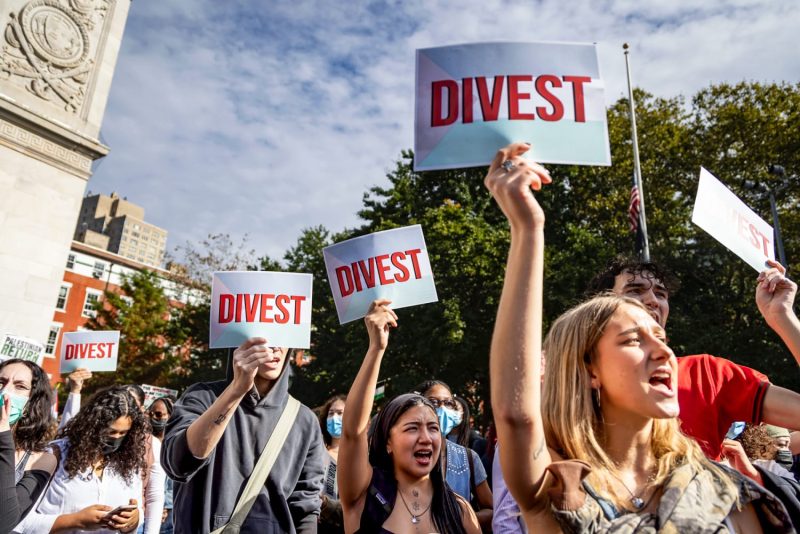College Protesters Want Their Schools to Divest from Ties to Israel – Here’s What That Means
What Does Divestment Mean?
Divestment is a form of economic protest where individuals or institutions boycott certain companies, industries, or even countries due to ethical concerns. In the case of the recent college protests urging divestment from ties to Israel, it means refusing to invest in or engage with entities that are associated with the Israeli government or businesses operating in the region. The goal of divestment is to put pressure on these entities to change their practices or policies that are deemed unethical or harmful.
Why Are College Students Calling for Divestment from Israel?
The call for divestment from Israel is rooted in the ongoing Israeli-Palestinian conflict. Many college students believe that the Israeli government’s treatment of Palestinians, including the occupation of Palestinian territories, human rights violations, and the lack of a peaceful resolution to the conflict, warrants divestment as a form of protest. By urging their schools to cut ties with companies that operate in Israel or support the Israeli government, these students hope to send a message that they do not support the actions of the Israeli government.
What Are the Arguments For and Against Divestment?
Those in favor of divestment argue that it is a peaceful and effective way to pressure entities to change their behavior. They believe that by divesting from companies with ties to Israel, colleges can show solidarity with the Palestinian people and push for a resolution to the conflict. Additionally, proponents of divestment argue that it aligns with moral and ethical principles and promotes social justice.
On the other hand, opponents of divestment argue that it is a one-sided and simplistic approach to a complex political issue. They assert that divestment unfairly targets Israel and ignores other countries with questionable human rights records. Additionally, critics argue that divestment may harm academic freedom by limiting engagement with diverse perspectives and stifling open dialogue on campus.
What Impact Can Divestment Have?
The impact of divestment campaigns can vary depending on the scale and scope of the protest. In some cases, divestment efforts have successfully influenced companies and governments to change their practices or policies. By withdrawing financial support from entities associated with Israel, colleges can draw attention to human rights violations and potentially put pressure on the Israeli government to address these concerns. However, the effectiveness of divestment as a tool for political change is a matter of debate, and its impact may be limited in the absence of broader international support.
In conclusion, the call for colleges to divest from ties to Israel reflects a growing awareness and concern about the Israeli-Palestinian conflict among students. While divestment can be a powerful tool for social and political change, it also raises complex ethical and political questions that require careful consideration. Ultimately, the decision to divest should be weighed against its potential impact on academic freedom, campus discourse, and efforts to promote peace and justice in the region.
